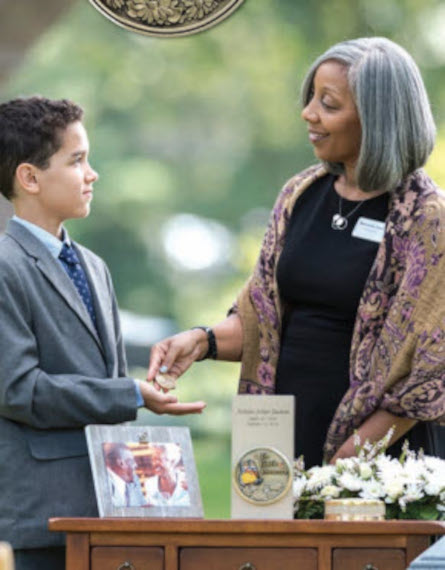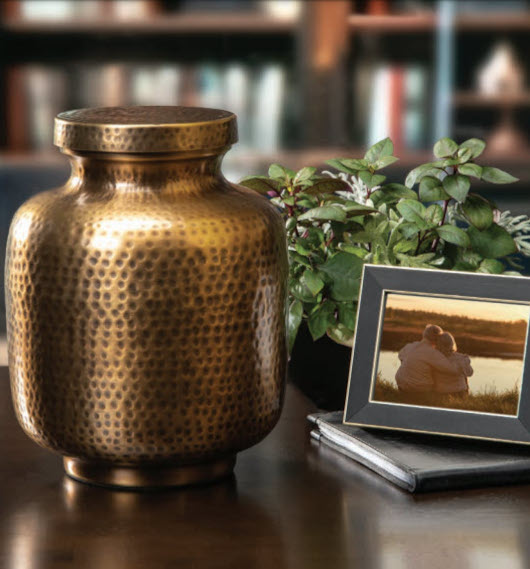

Same as a traditional burial and includes family viewing, visitation and services.

Celebrating the life of someone special at our mortuary or your place of choice.

This option is usually selected when no memorial services are planned.


Traditional cremation involves the process of reducing a deceased body to ashes through high-temperature burning, followed by various practices for handling and memorializing the remains.
Traditional cremation offers a respectful and flexible alternative to burial, allowing families to honor their loved ones in a way that suits their needs and preferences.

Cremation with a memorial service is a combination of the cremation process and a separate ceremony held to honor and remember the deceased. This approach allows families to separate the physical act of cremation from the ritual of saying goodbye, providing flexibility in timing and personalization.
By separating the cremation process from the memorial service, families can create a meaningful and customized farewell that aligns with their preferences and provides a space for communal grieving and celebration.

Direct cremation is a straightforward and cost-effective approach to cremation that involves the immediate cremation of the body without a preceding formal funeral service or viewing. It’s a practical choice for those who prefer a simpler process or need to manage costs.
Direct cremation offers a practical and respectful way to handle remains while allowing families the freedom to plan a more personalized memorial service if they choose to do so.
The Aaron A. Cooper Mortuary staff genuinely cares when a family experiences a death and have positioned ourselves to guide familes during this time, with the highest level of integrity and service. We are honored to serve our community in Tampa and surrounding cities.
I Need Help
Cremation is the process of reducing the human body to bone fragments using high heat and flame. Cremation is not the final disposition of the remains, nor is it a type of funeral service.
Yes, in Flrida a basic cardboard cremation casket is required as a minimum container suitable for cremation.
No. In fact, it is against the law in Florida, for a funeral home to tell you otherwise.
Yes, most crematories allow immediate family members to briefly view the deceased prior to cremation.
Yes, they can; some cremation providers will allow family members to be present when the body is placed in the cremation chamber. Some religious groups even include this as part of their funeral custom.
Nearly all Protestant Churches allow for the urn to be present during the memorial service. Most Catholic Churches also allow the remains to be present during the Memorial Mass. It is encouraged that cremated remains be a part of a funeral as it provides a focal point for the service.
While laws vary, for the most part remains can be buried in a cemetery lot or a cremation garden, interred in a columbarium, kept at home or scattered.
It all depends on the weight of the individual. For an average sized adult, cremation can take two to three hours at a normal operating temperature of 1650 degrees Fahrenheit.
An urn is not required by law. However, an urn may be desired if there is to be a memorial service or if the remains are to be interred in a cemetery. If an urn is not purchased or provided by the family, the cremated remains will be returned in a temporary container.